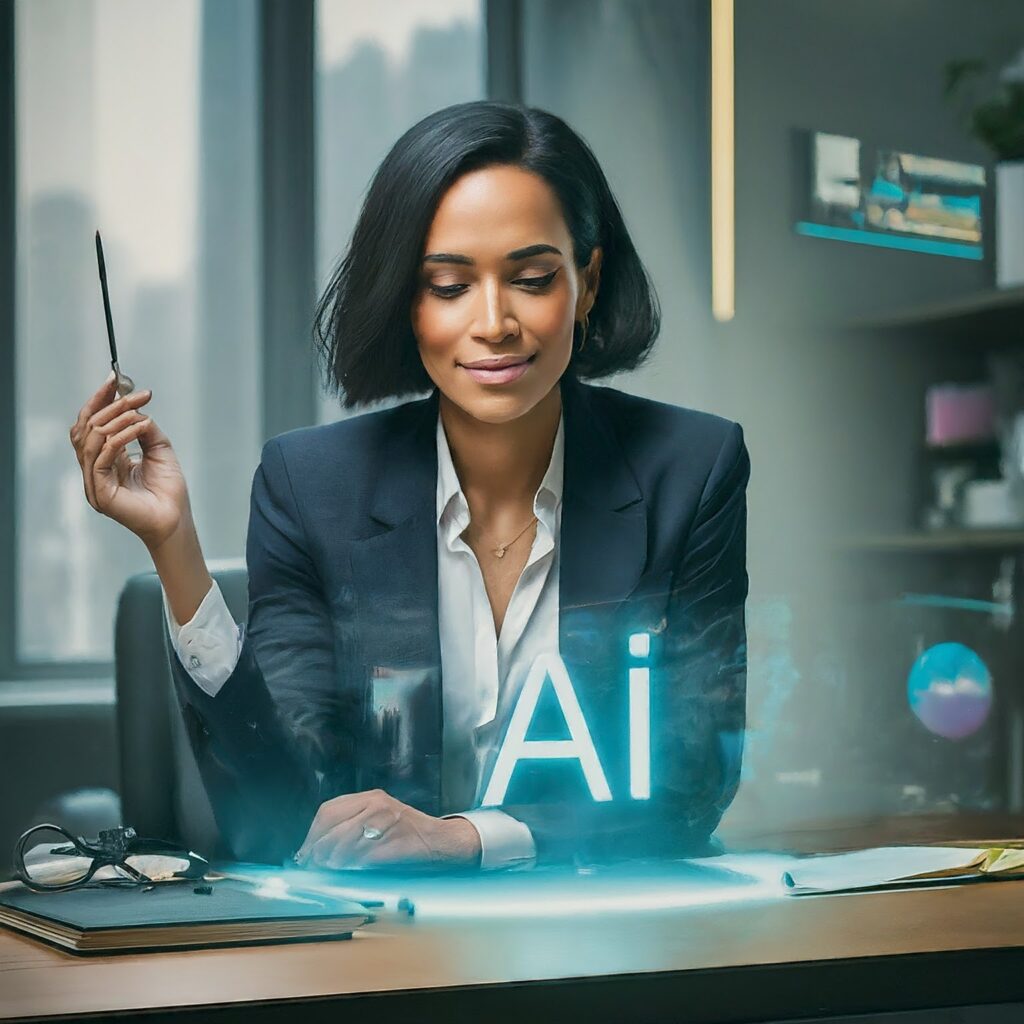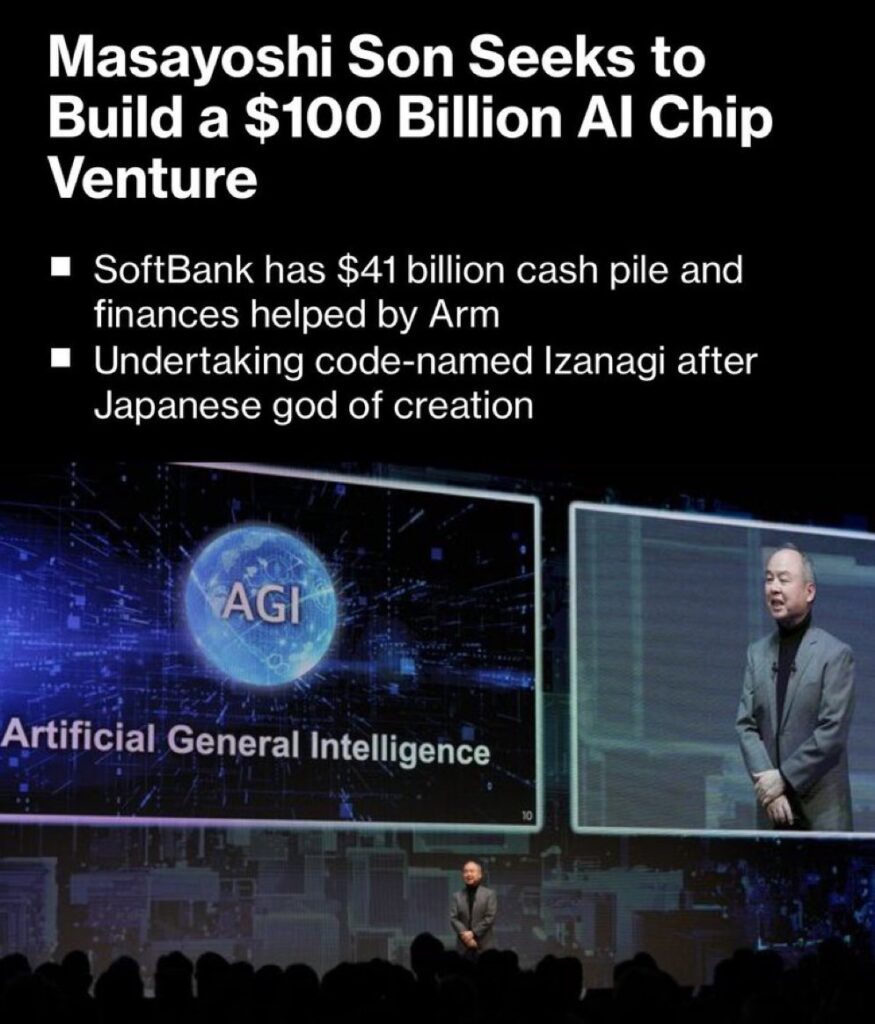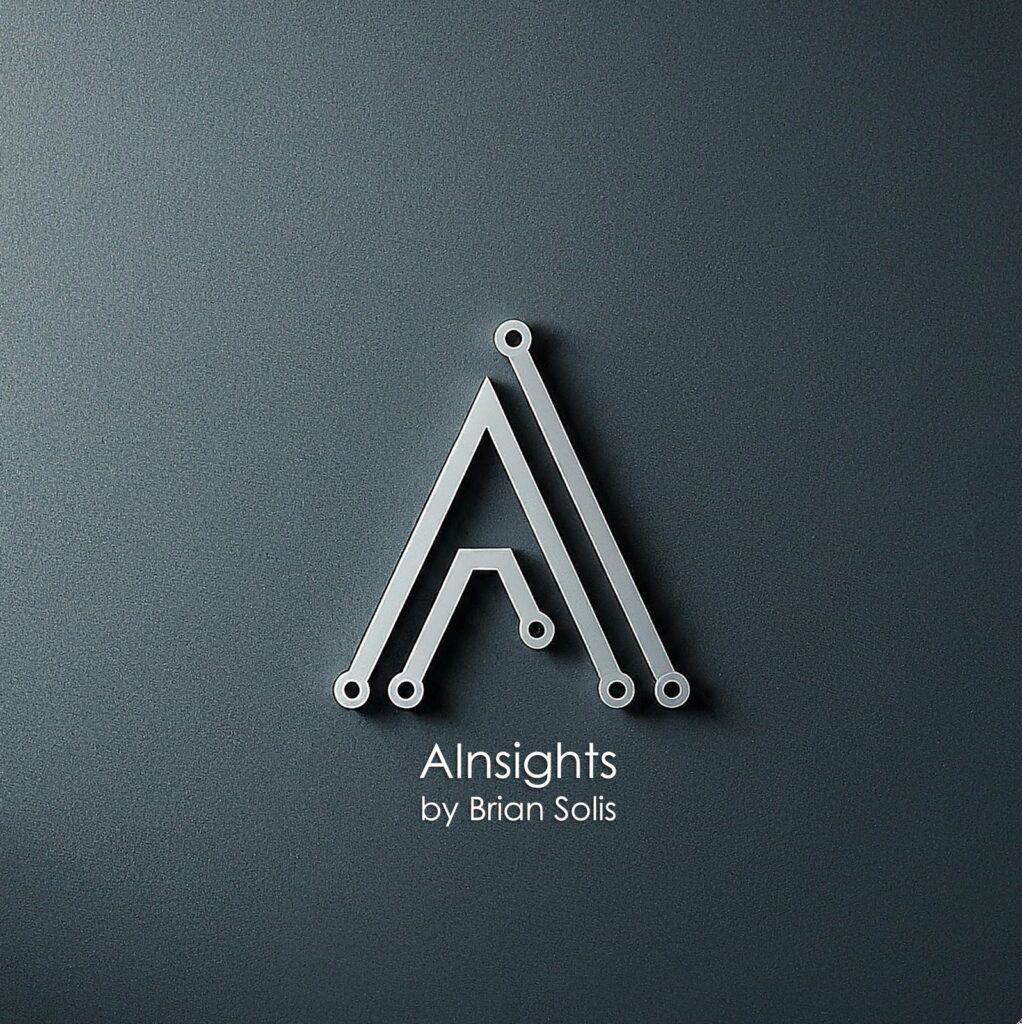AInsights: Executive-level insights on the latest in generative AI….
The AI stack has become foundational to next-gen business transformation
I’ve followed the work of Fred Wilson for the better part of, wow, almost two decades. He’s legend and also influenced much of my work in New York during the rise of Web 2.0 and the mobile web. He recently wrote an article, “What Will Happen in 2024.” In it, he described how AI was driving the “application era of AI.”
“…much like the browser brought us the application era of the web and the iPhone brought us the application era of the mobile device. This is a big deal. While in 2023, everyone was rightly focused on the large language models like OpenAI, Anthropic, Gemini, Llama, etc, we will see new AI-first applications emerge in 2024 that will start to move the focus and the conversation up the stack. And we will see legacy applications embrace AI to make their products better and to remain competitive with the AI-first disrupters.”
AInsights
We could interpret Wilson’s prediction quite literally. With the launch of OpenAI’s GPTs, AI’s first app store is upon us.
If 2023 was an era of AI shock and awe, and chaos and fun!, 2024 will be about those things too, while also putting AI to work as Dave Wright says. But this is where it gets tricky. We aren’t putting AI to work in the way you think AI should work, it’s actually about the transformation of, well, work itself, and also, us.
Here’s why this should matter. All those years of digital transformation were really aimed less at transformation, and more toward digitization. We weren’t really changing businesses to become digital first, we were investing in digital to modernize legacy, analog processes.
I’d argue, many businesses are doing something similar with AI. The priority is automation and cost takeout. There’s nothing wrong with this. In fact, it’s necessary. But you can’t stop there. You also have to explore, with any new technology, especially with AI, what is possible now? In any given moment, what would AI do (WWAID) to be better, drive growth, or create net new value or opportunities?
The real story, perhaps, understated, is that 2024 will the year of shifting to an AI-first mindset.
#WWAID
The hottest job in corporate America is the Chief AI Officer
We knew that senior-level AI roles would appear as a matter of helping organizations navigate the rapid acceleration of artificial intelligence tools and disruptions. Gartner predicts that by 2025, 35% of large organizations will appoint Chief AI Officers reporting directly to the CEO or COO. And by 2033, the same study estimates that AI solutions will result in more than half a billion net new human jobs.
Mayo Clinic in Arizona appointed Dr. Bhavik Patel as its Chief AI Officer. NYU Stern School of Business positioned my friend Conor Grennan as its Head of Generative AI.
According to the New York Times, The Equifax credit bureau, the manufacturer Ashley Furniture and law firms such as Eversheds Sutherland have appointed A.I. executives over the past year. In December, The New York Times named an editorial director of A.I. initiatives. And more than 400 federal departments and agencies looked for chief A.I. officers last year to comply with an executive order by President Biden that created safeguards for the technology.
Accenture, a consulting firm, added Lan Guan as chief A.I. officer in September as clients became increasingly interested in the technology. Mark Daley, a computer science professor and chief information officer at Western University in Ontario, took the new position of chief A.I. officer in October.
AInsights
Just recently we were debating the need or relevance of Chief Metaverse Officers. AI is different in that it is presenting net new opportunities for companies to re-evaluate previous digitalization efforts. AI is asking more from companies beyond automation and cost-cutting. AI requires leadership, governance, data integration and blueprint toward augmentation to align with AI’s exponential trajectory.
At the Baker Hughes annual conference in Florence, I introduced the idea of shifting from becoming a digital-first ‘technology company to an AI-First ‘intelligent’ company.
The importance of hiring senior AI executives lies in their ability to navigate and harness and effectively navigate the disruptive potential of AI technology. These executives play a crucial role in dreaming-up and coordinating AI initiatives, ensuring that AI strategies are integrated across departments, and aligning AI efforts with the organization’s overall goals. They also help in managing the cultural and organizational changes that come with AI adoption, communicating the benefits and urgency of AI initiatives, and overseeing the ethical and responsible use of AI. Plus, someone is going to have to work with leadership and HR to assess the gaps and need for evolving skills.
And, if we could just change Chief Artificial Intelligence Officer to Chief Intelligence Amplifier Officer, like Brian Roemelle champions, we would get to us the acronym CIAO instead of CAIO.
Ciao! 😉
Sam Altman is seeking trillions to reshape the business of silicon chips to power enterprise AI
Sam Altman may believe that NVIDIA’s epic run for chips to power emerging AI applications represents an opportunity for new competition. It’s not uncommon to see articles publicize that NVIDIA employees are getting so wealthy that they’re operating in semi-retirement mode.
Altman’s reported effort to reshape the global semiconductor industry could require raising as much as $5 trillion to $7 trillion, according to the Wall Street Journal. Altman is said to be pitching investors from the UAE, SoftBank CEO Masayoshi Son, and TSMC.
Altman’s move doesn’t come without criticism however. NVIDIA CEO Jensen Huang threw some shade at Altman’s venture.
At the 2024 World Governments Summit in Dubai, Huang joined UAE’s AI minister, Omar Al Olama, on stage to explore the future of AI.
In reference to Altman’s quest for trillions, Omar asked Huang, “How many GPUs can we buy for US$ 7 trillion?”
Huang sarcastically quipped, “Apparently, all the GPUs.”
Altman though isn’t content to let his critics get the last word.
In a post on X, he clapped back, “You can grind to help secure our collective future, or you can write Substacks about why we are going [to] fail.”
you can grind to help secure our collective future or you can write substacks about why we are going fail
— Sam Altman (@sama) February 11, 2024
AInsights
Think about it this way, it was often said that data is the new oil, which then led to meaningful conversations about mining, distilling, refinement, etc. The same could be said in an era of AI. You could also say that GPUs are the new oil.
Altman’s efforts are motivated by a drive to support the growth of AI technologies and overcome the limitations imposed by the current scarcity of high-performance AI chips. So what does that mean? Intel, AMD are also competing in the GPU space. I have to imagine that Altman is also trying to solve for OpenAI growth and performance constraints much in the same way Apple ended up developing its own chips for its hardware devices. Only a handful of tech companies need the majority of AI chips. It’s reported that Microsoft and Amazon are building their own chips as well. The U.S. Government is also in on the action.
Meta is also investing in silicon, introducing its Artemis AI chips. Depending on who you follow, Artemis is either meant to break away from Nvidia or complement it. If I can read between the lines, Meta is at least trying to reduce its dependency on Nvidia chips.
What’s clear is that AI is driving demand for greater compute. And every company is going to need to solve for this internally or though outsourcing. A new chip war is upon us.
This isn’t as much of a race to generative AI as it is, most likely, a race to general AI.
Please subscribe to AInsights.
Please subscribe to my master newsletter, a Quantum of Solis.

Brian Solis | Author, Keynote Speaker, Futurist
Brian Solis is world-renowned digital analyst, anthropologist and futurist. He is also a sought-after keynote speaker and an 8x best-selling author. In his new book, Lifescale: How to live a more creative, productive and happy life, Brian tackles the struggles of living in a world rife with constant digital distractions. His previous books, X: The Experience When Business Meets Design and What’s the Future of Business explore the future of customer and user experience design and modernizing customer engagement in the four moments of truth.
Invite him to speak at your next event or bring him in to your organization to inspire colleagues, executives and boards of directors.









Leave a Reply